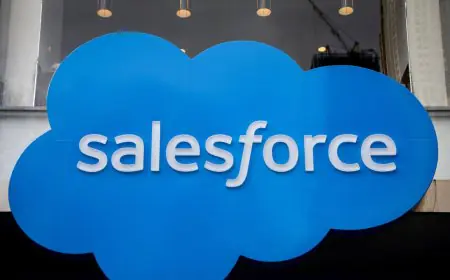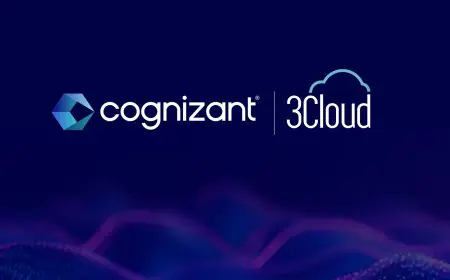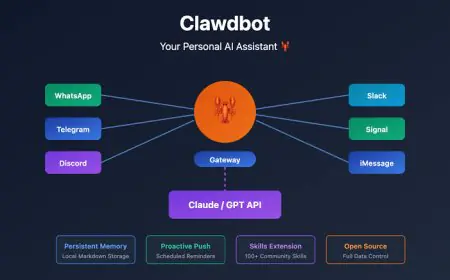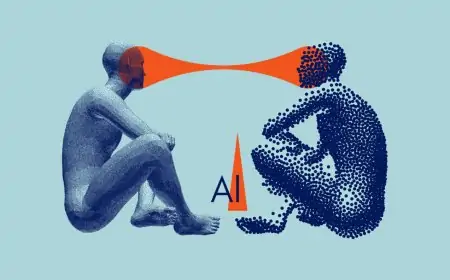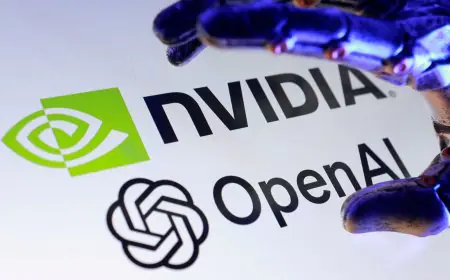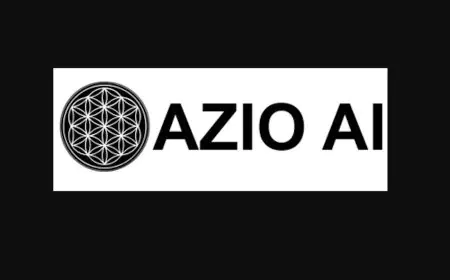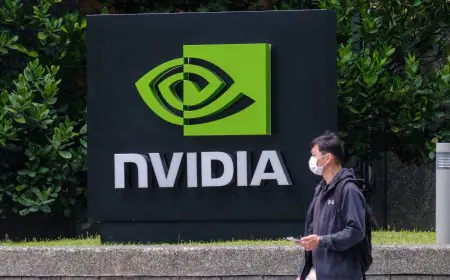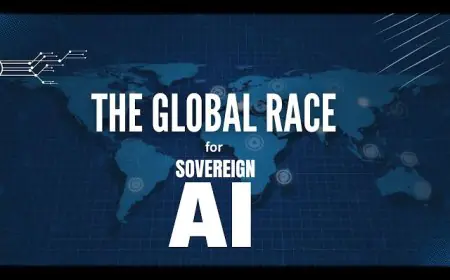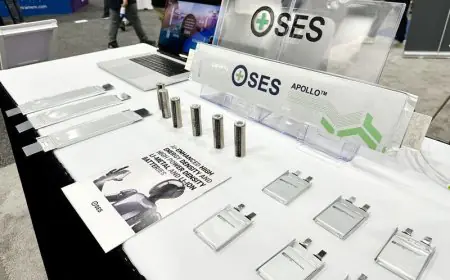OpenAI Wants the US Federal Government to Strengthen AI Regulation
The AI leaders advocate for federal AI regulation to take precedence over state-level regulations, fostering innovation.

Recently, OpenAI made a submission to the United States government regarding AI regulation, advocating for federal leadership over state-level regulations. The tech giant believes unified federal oversight would foster innovation in the US AI sector and minimize inconsistencies across state laws.
OpenAI submitted the 15-page document to highlight the potential threat posed by Chinese AI regulatory measures to US developers, suggesting the US adopt a similar approach by building a collaboration between government and AI companies to strengthen regulation. Furthermore, the ChatGPT creator proposed a "sandbox" mechanism, allowing US startups to innovate under specific conditions with legal protection from increasingly stringent state regulations.
Critical Support
OpenAI urged the government to provide US AI companies with tools and intelligence support to address national security risks, much like how their Chinese counterparts operate. The document further emphasized the federal government's need to protect the ability of US AI models to utilize copyrighted material during training, maintaining America's global AI leadership. However, the document acknowledged that achieving federal regulatory primacy requires Congressional support.
OpenAI's submission is a response to the White House Office of Science and Technology Policy's request for a federal AI action plan. OpenAI's response was among over 300 submissions, with many analysts believing that OpenAI's statement aligns with the White House's desire for developer freedom to innovate, unburdened by complex state-level regulations.
Avoiding Restricting Laws
Other analysts have pointed out that states might enact stricter laws to protect citizen rights, privacy, and safety. In enterprise IT, unified regulation could ease compliance burdens, particularly for globally operating companies. While OpenAI emphasizes simplification, greater complexities could arise, especially where differing legal requirements exist across regions.
However, OpenAI's mention of infrastructure support, such as modernizing the US energy grid, has also received the nod from industry analysts. Although some experts question the inevitability of state-level AI regulation, OpenAI's proposal represents an attempt to centralize oversight.

